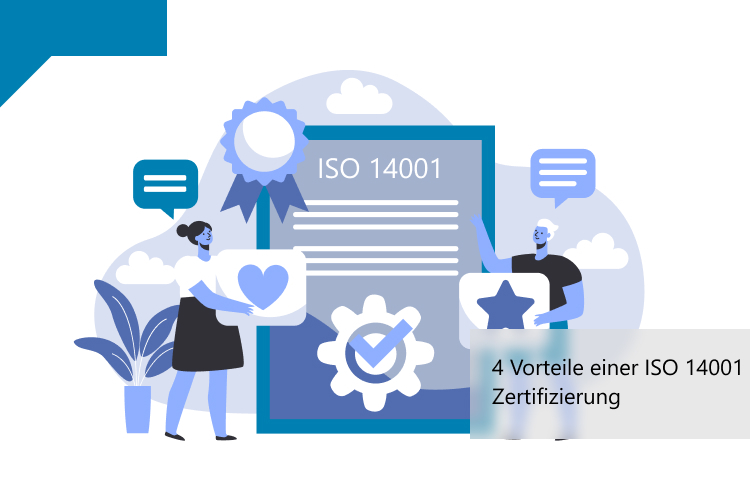ISO 14001 is an international standard that specifies requirements for an Environmental Management System (EMS). This standard provides a framework for organizations to manage their environmental impact effectively, identify and control risks, and continually improve their environmental performance. ISO 14001 certification is a globally recognized symbol of an organization’s commitment to environmental management.
ISO 14001 certification involves a thorough evaluation of an organization’s environmental management system, including its policies, procedures, and practices. A third-party certification body conducts an audit to ensure that the organization meets the requirements of the standard. The certification process involves an initial certification audit and subsequent surveillance audits to ensure that the organization maintains its certification over time.
The benefits of ISO 14001 certification are many. First, it helps organizations to identify and manage their environmental impacts. The standard requires organizations to conduct an environmental impact assessment, identify their environmental aspects, and establish objectives and targets to address their significant environmental impacts. This process helps organizations to manage their environmental impact more effectively, reduce waste, and conserve resources.
Second, ISO 14001 certification can help organizations to comply with applicable environmental laws and regulations. The standard requires organizations to comply with relevant legal requirements and other obligations related to environmental aspects. By complying with environmental regulations, organizations can reduce their risk of environmental incidents, avoid costly fines and penalties, and maintain their social license to operate.
Third, ISO 14001 certification can help organizations to improve their environmental performance. By establishing and monitoring environmental objectives and targets, organizations can continually improve their environmental performance. ISO 14001 certification requires organizations to monitor and measure their environmental performance regularly, analyze the results, and take corrective action where necessary. This process helps organizations to improve their environmental performance over time, reduce their environmental impact, and increase their efficiency.
Fourth, ISO 14001 certification can help organizations to increase their competitiveness. Many stakeholders, including customers, investors, and regulators, prefer to do business with environmentally responsible organizations. By achieving ISO 14001 certification, organizations can demonstrate their commitment to environmental responsibility, differentiate themselves from their competitors, and enhance their reputation.
In conclusion, ISO 14001 certification provides many benefits to organizations seeking to manage their environmental impact effectively. By adopting the standard, organizations can identify and manage their environmental risks and reduce their environmental impact, while also complying with environmental regulations and improving their environmental performance. Achieving ISO 14001 certification can also help organizations to increase their competitiveness and enhance their reputation. Overall, ISO 14001 certification is a valuable tool for organizations seeking to enhance their environmental management practices and demonstrate their commitment to environmental responsibility.

